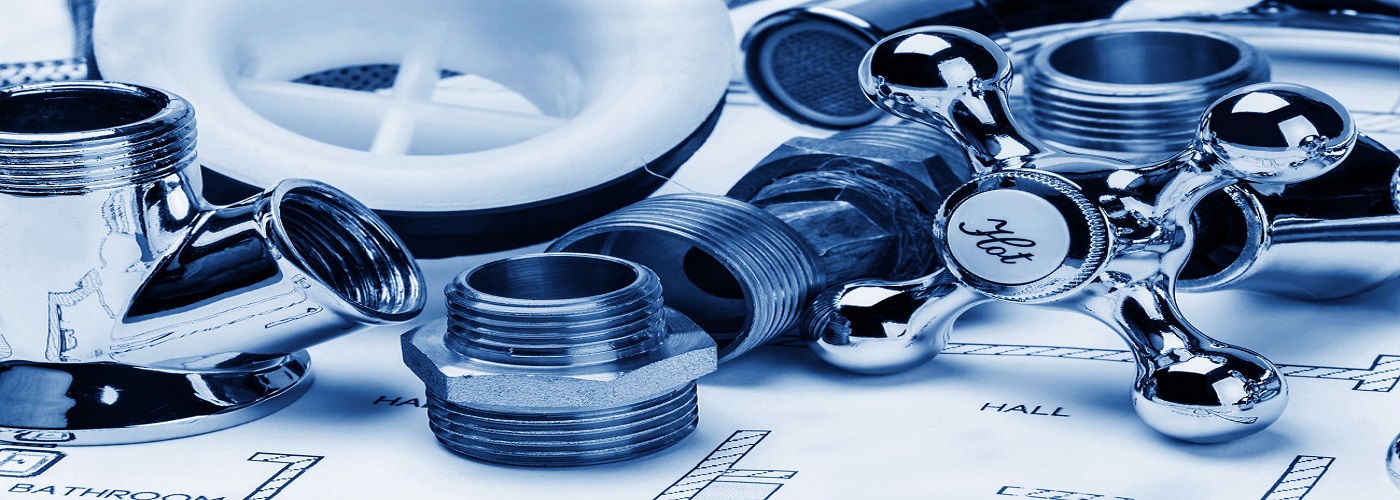Resources
Resources, Links, FAQ’s
Have questions for our plumbing contractor in New Jersey? We have answers. Check out our FAQ section for answers to questions you have about your current system and our affordable plumbing services. Can’t find the information you need? Give us a call! We’ll get you the information you need a schedule a time for the best HVAC and plumbing team to visit your home.
- Heating Glossary of terms
- Residential Water Heater Sizing
- More Water Heater Resources
FAQ’s
Q: My heating or cooling does not work. What can I do?
No Heat: With the system set to heat, when the set point temperature is raised or lowered past the room temperature, the thermostat will make a soft click sound within about 5 seconds. Usually the sound indicates correct thermostat operation. If the heat does not come on after raising the temperature and hearing the click, check the fuses or breakers, make sure the furnace is switched on, verify the blower compartment door is closed properly and if your furnace has a pilot verify that the pilot is lit.
No Cool: If both the compressor and an indoor blower are running and the air is not cool it may indicate loss of refrigerant in the compressor. If the blower or compressor do not come on or do not shut off, try resetting the breakers, on an additional not take a look at the condensers refrigerant lines for possible freeze. If lines have ice buildup or the no heat or no cool condition persists, you may wish to contact us for assistance.
Q: What is a SEER rating?
A: Seasonal Energy Efficiency ratio is a rating that measures the cooling efficiency of a heat pump or air conditioner. The higher the SEER rating, the more efficient the unit will be.
Q: How do the costs for natural gas, oil electricity and propane compare?
Costs for different types of fuels vary tremendously throughout the US, and therefore so does the cost comparison. The formulas below can be used to compare equivalent energy costs (price per 1 million BTU’s) among different fuels.
– Electricity: (insert price per kilowatt)* x 293 = Cost per 1,000,000 BTU’s
– #2 Fuel oil: (insert price per gallon)* x 7.21 ÷ rated efficiency** = Cost per 1,000,000 BTU’s
– Natural Gas: (insert price per therm)* x 10.0 ÷ rated efficiency** = Cost per 1,000,000 BTU’s
– Natural Gas: (insert price per therm)* x 10.0 ÷ rated efficiency** = Cost per 1,000,000 BTU’s
* Price per unit of energy can be determined by contacting us today.
** Rated efficiency can be found on the heating product literature (AFUE efficiency).
Q: What should I know about Carbon Monoxide?
A: Carbon Monoxide (CO) is a colorless and odorless gas which accounts for more deaths annually in the U.S. than any other poison. CO can be produce when burning any carbon based fuel. To safequard against the potencial of CO, always have your boiler, furnace and any other heating or cooking appliance installed and periodically serviced by a qualified heating technician. It is recommended that all homes be equipped with at least one CO detector.
Q: Where is the “diptube” on my water heater?
A: The dip tube is another name for the cold water inlet. If you are facing the front of the water heater (where the labels are), the cold water inlet, or dip tube, is on the right hand side.
Q: Why does my water smell like rotten eggs?
A: The combined presence of hydrogen, sulfur, and bacteria cause foul smelling water. The magnesium anode rod installed in the tank protects the tank surface but generates enough hydrogen to create an odor when it interacts with sulfur in the water or bacteria in the tank. Replacing the magnesium anode rod with an aluminum anode may minimize the problem. The most efficient method of eliminating the hydrogen sulfide odor is to control the bacteria. As a rule, chlorination of public water supplies kills the bacteria, but some private well systems may need to be purified by the use of chlorine injectors or ultraviolet light. This will destroy the bacteria.

